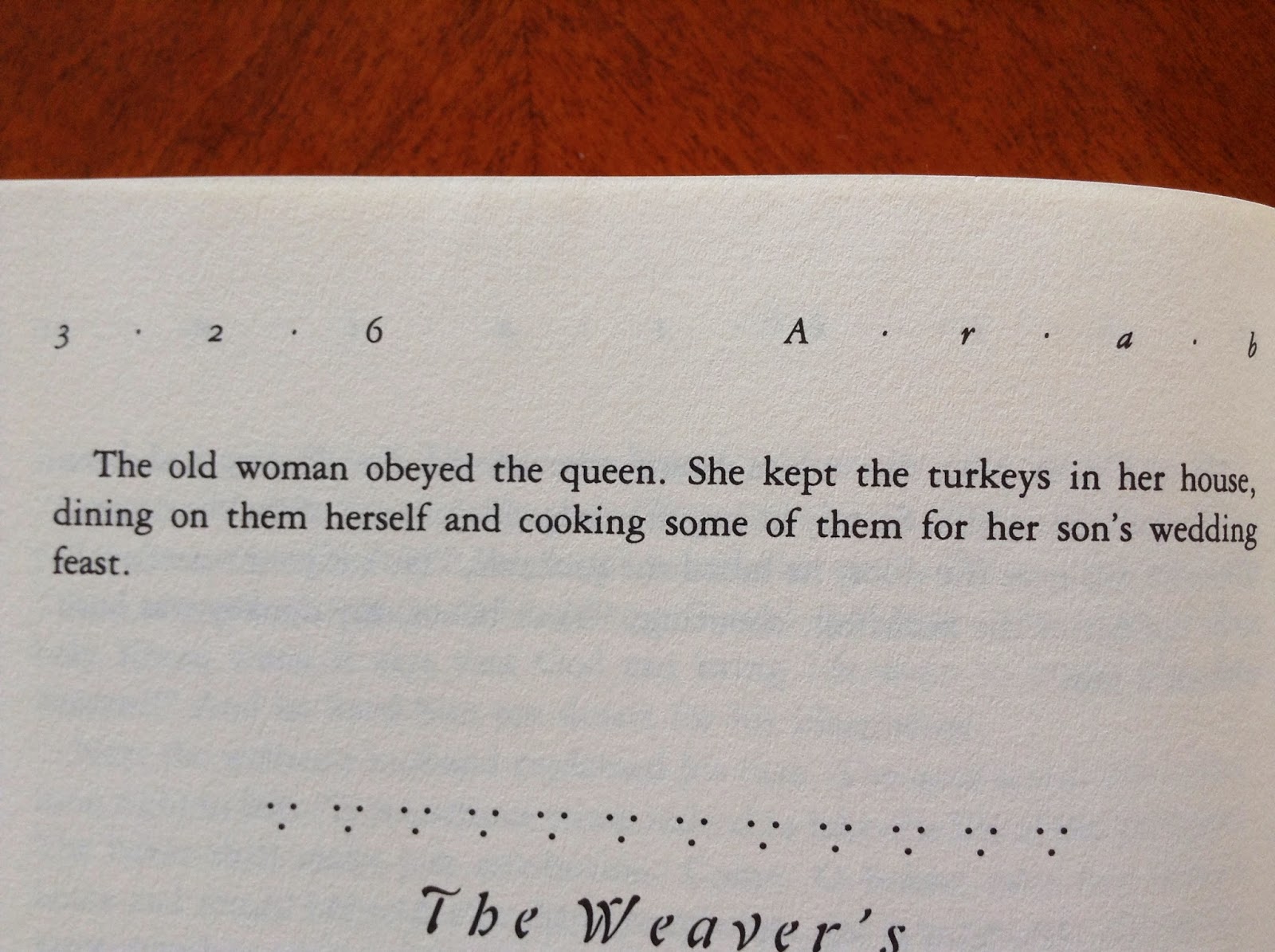The Hummus and Ful recipe is exemplary of Ottolenghi's intentions. The brief introduction to the recipe is brimming with references to the Israeli-Arab conflict, as Ottolenghi explains that a tiny eatery in Israel is "unique" (Ottolenghi, 210) due to its ability to accumulate an "endless queue of Arabs and Jews standing at the door" (Ottolenghi, 210). Abu Hassan's eatery to which Ottlolenghi refers specialises in hummus, a dish bringing the Middle East together as well as creating tension when its country of origin is discussed. In Ottolenghi's interview with The Guardian they are known as the "hummus wars" (TheGuardian.co.uk). However, Ottlolenghi diffuses any angst through his lexical field. The words "love" and "hearty" (Ottolenghi, 210) ring through the sentences to describe the dish, and connotations of the desire for peace between the Arabs and Jews is apparent. The readers are told that the hummus and ful combination "isn't the lightest affair" (210), which also alludes to the Israeli-Palestinian conflict, emphasised in the recipe's introduction.
 |
| Please click image to enlarge. This picture of the Hummus with Ful recipe displays the layout of the cookbook. |
Similarly, the 'Burnt Aubergine with Tahini' recipe endows the Middle East with positive traits much to the contrary of its mainstream image. Ottolenghi attributes the Middle East with characteristics such as "gloriously refreshing" (Ottolenghi, 122). The introduction to the recipe explains that the dish can be a "potent dip or condiment […] Or […] salad" (Ottolenghi, 122). The last sentence is a short standalone comment: "You choose." (Ottolenghi, 122), the reader is provided with a democratic approach to cooking, juxtaposed with the concept of the Middle East, which in the West is portrayed as a place overrun with dictators removing choice from anything. Ottolenghi further marries politics and food through literature. The format of his work reinforces notions of peace. Unlike the common layout, ingredients preceding the method as introduced by Isabella Beeton, the two lay side by side in Plenty. The format promotes equality and unity, specifically within the Middle East.
The new cookbook, Jerusalem,has been released by Ottolenghi and his Palestinian business partner Sami Tamimi. The very partnership that Tamimi and Ottolenghi have forged has become central to the essence of their food and of others interest and opinion with regards to their recipes. Through the unlikely partnership between an Israeli Jew and Arab Muslim, the political strains addressed by the cookbook appeals to a wide range audience, not merely people who wish to follow a recipe. The book provides insight into a culture and a history which affects people worldwide.
Ottolenghi and Tamimi mention that the cookbook entitled Jerusalemwas conceived after their business partner "suggested it was time for a more personal project, looking back at the food that had shaped them" (TheGuardian). The cookbook transcends simply being a compilation of recipes; it spills into other literary genres, specifically the autobiography. In its intentions of being a personal recount, it already becomes a piece of literature as opposed to simply a cookbook. "Food is a powerful thing," says Tamimi. Ottolenghi nods. "People can sit around a table and…",Tamimi completes the sentence: "It gives people hope." (TheGuradian).
Ottolenghi, Yotam. Plenty. London: Ebury Press, 2010. Print.



